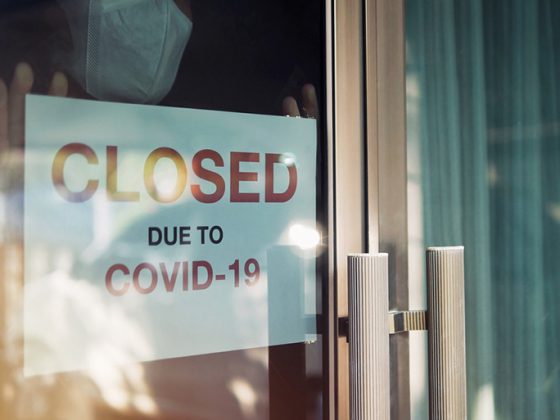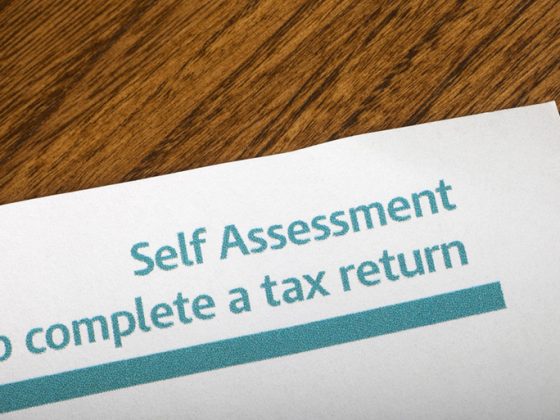Accountancy advice when starting a business
The COVID Pandemic has seen many changes to the world of employment across the world. From remote working whilst home-schooling to zoom meetings from makeshift home offices, the workplace landscape…
read more




